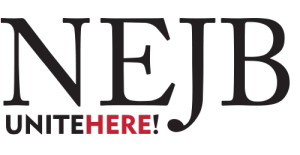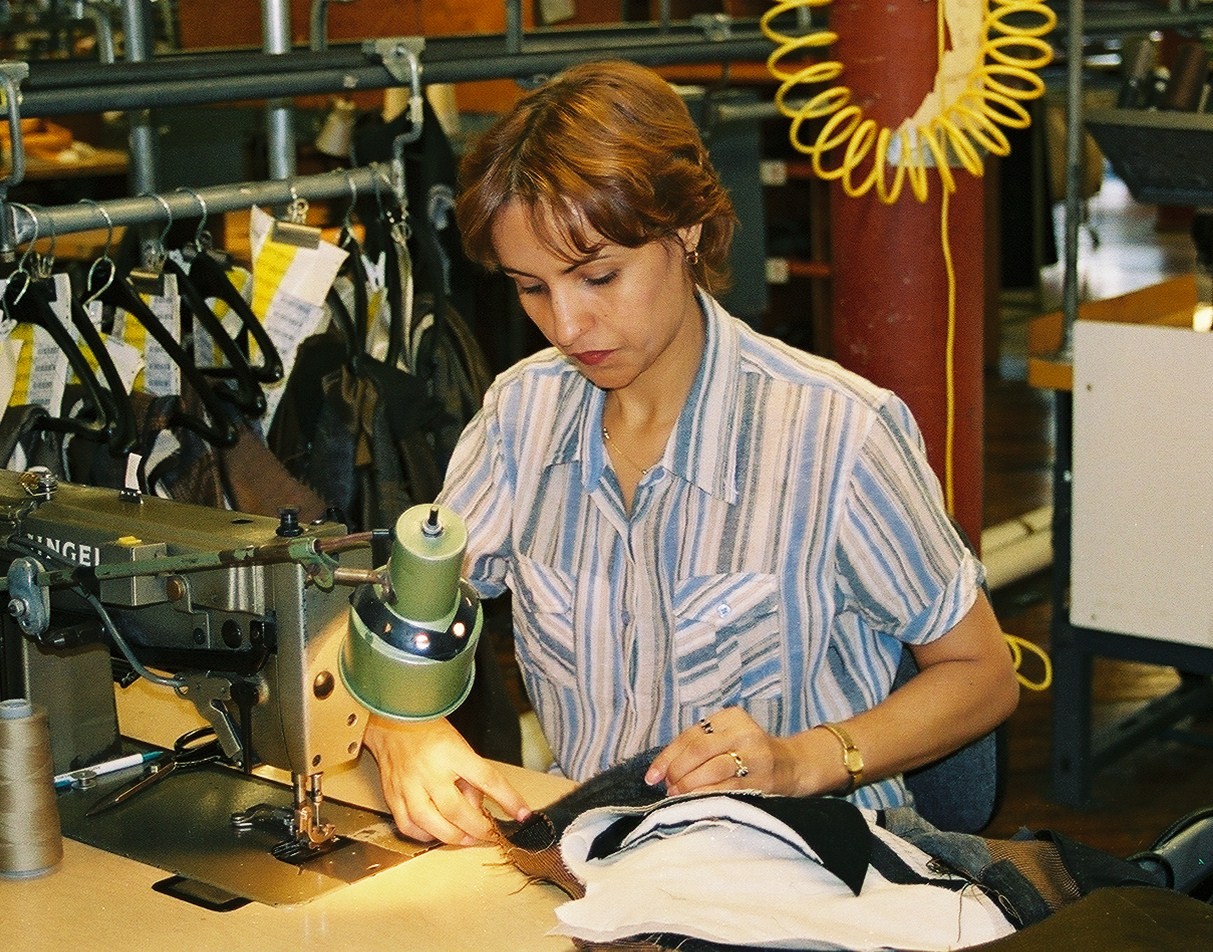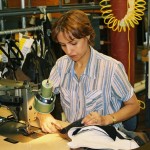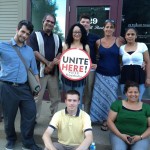New England Joint Board Speaks Out on Olympic Uniform Scandal
Following a swell of public outrage due to the US Olympic committee’s decision to equip the US Olympic team with Chinese-made uniforms, the New England Joint Board is speaking out. Once the heart of the US textile and garment industries, a number of manufacturers still call New England home, manufacturing a variety of products for some of the most fashionable brands.
Warren Pepicelli, Manager of the UNITE HERE New England Joint Board expressed his dismay with the recent news.
“The fact that the US Olympic committee completely ruled out American workers is disturbing and should be to all Americans,” said Pepicelli. “The uniforms that our Olympians will be wearing could have easily been produced by loyal, highly-skilled, American workers right here in New England. Unfortunately we see a reluctance to admit that there are manufacturers still producing things in the US with fairly treated, middle class, union workers.”
Of the many factories where the New England Joint Board represents workers, the Southwick factory in Haverhill, Massachusetts makes tailored clothing for Brooks Brothers and dress uniforms for the US Navy. A workforce of nearly 300 manufactures the highest quality clothing for many high profile customers, one of the most notable being comedian and Comedy Central host Stephen Colbert.
The New England Shirt Company in Fall River, Massachusetts is another location where the New England Joint Board represents highly-skilled garment workers. New England Shirt Company manufactures some of the best quality sport and dress shirts. In the face of unbounded foreign competition New England Shirt has been able to continue its successful business of manufacturing clothing while maintaining a commitment to its almost 50 skilled garment workers. As founder Robert Kidder explains, “New England Shirt Company was started with the idea that the American product matters. If you give up on the American product you give up on the manufacturing jobs which sustain the American middle class.”
With its beginnings as a textile and garment workers’ union, the New England Joint Board has organized workers in new industries like food service and warehousing. With thousands of members across New England, the NEJB is one of the largest unions in the US representing garment, textile, manufacturing, laundry, warehousing, and food service workers.



